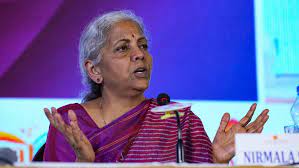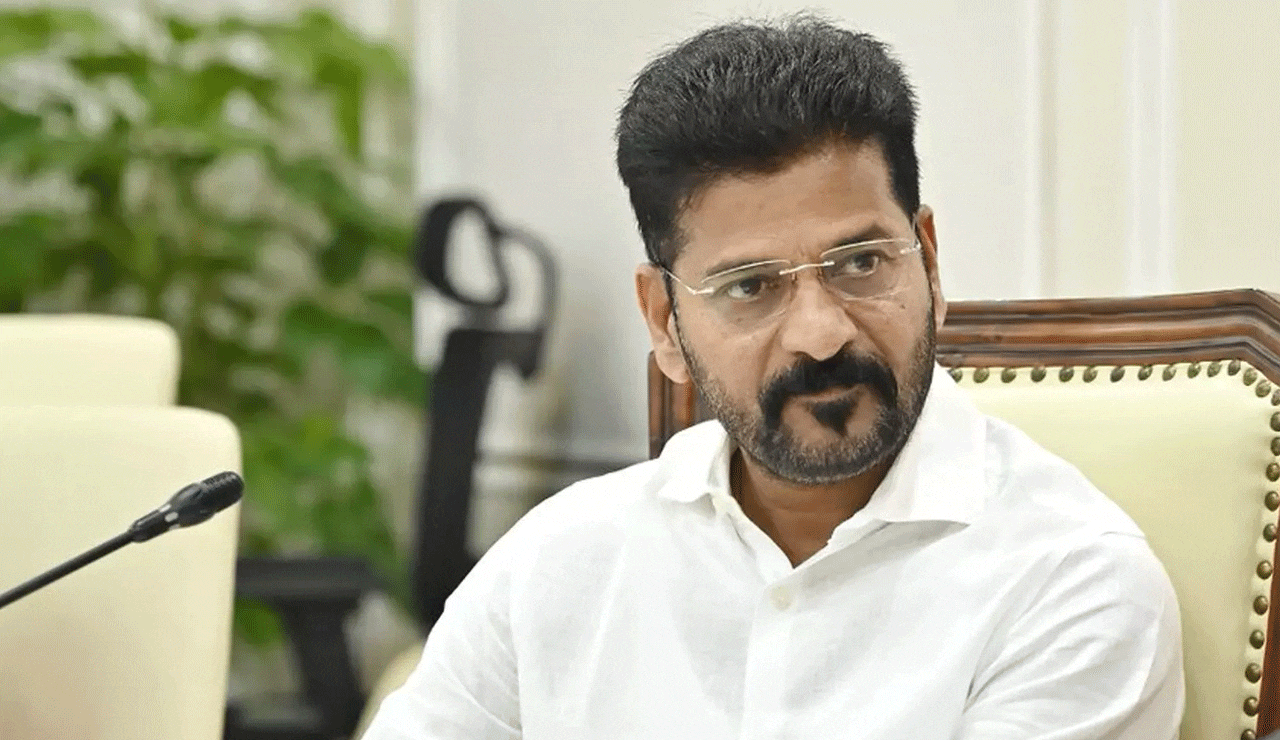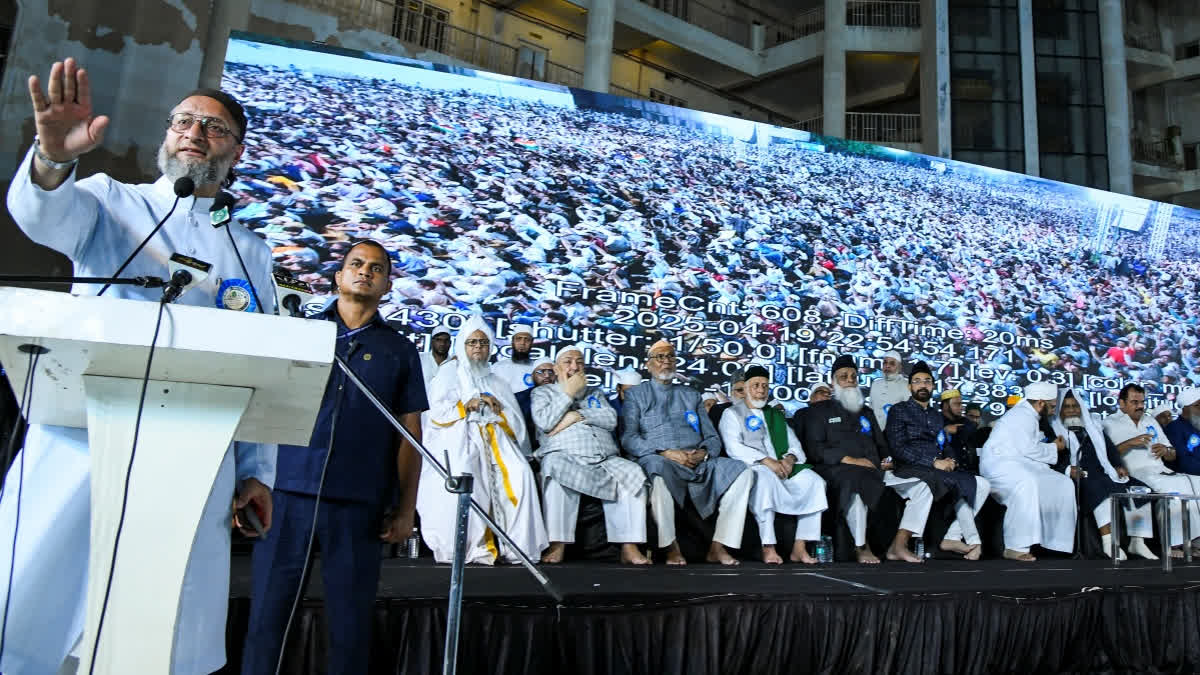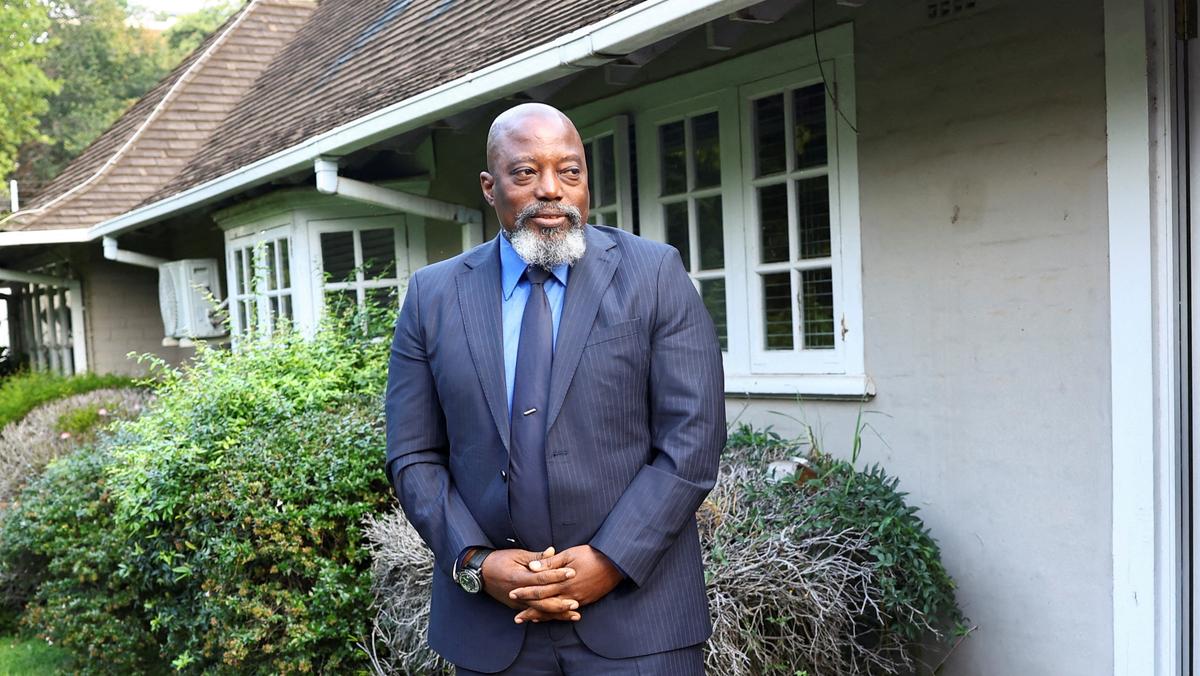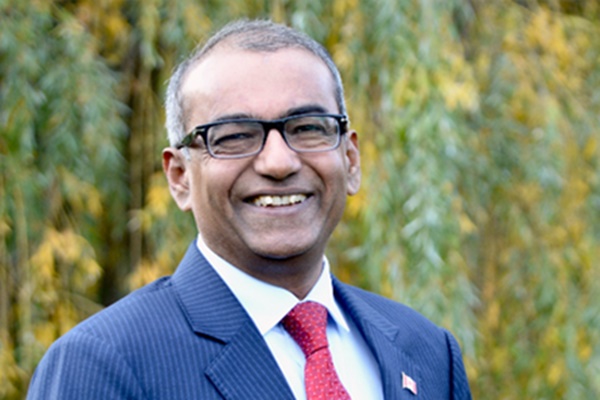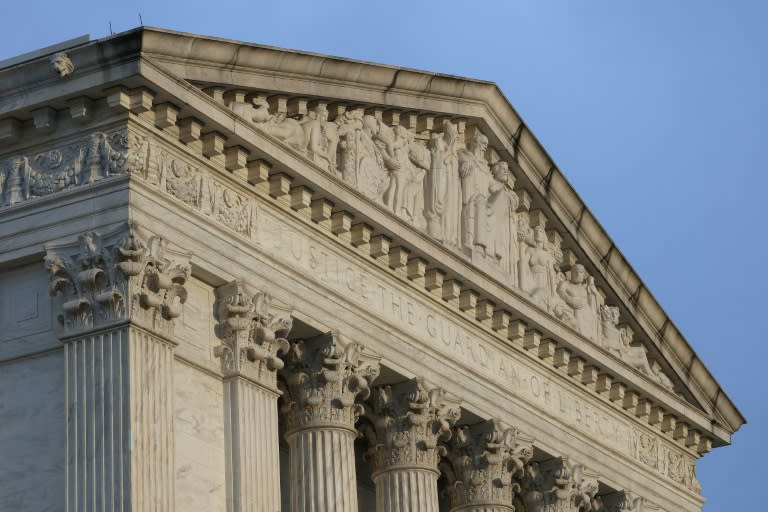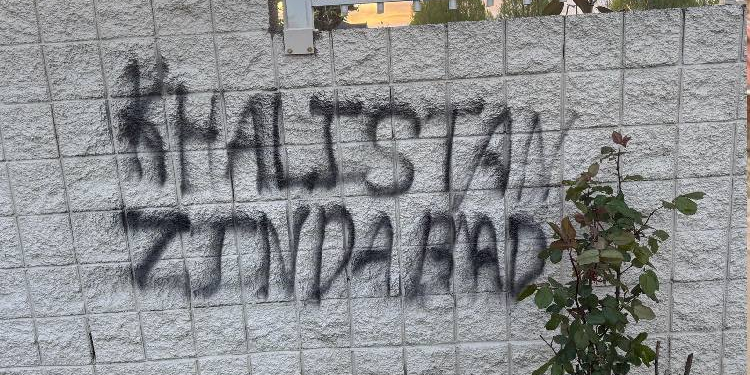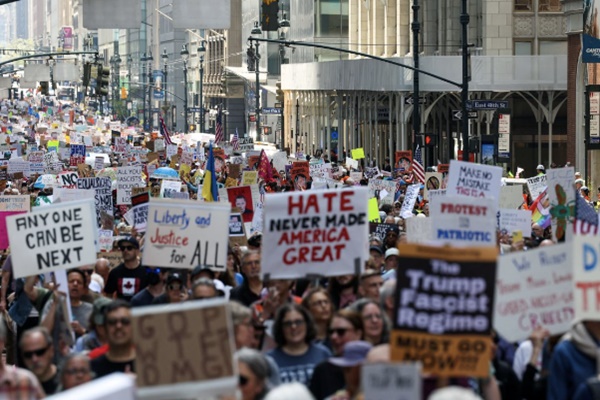Turn off your lights, celebrate Earth Hour
Sat 25 Mar 2017, 21:27:37
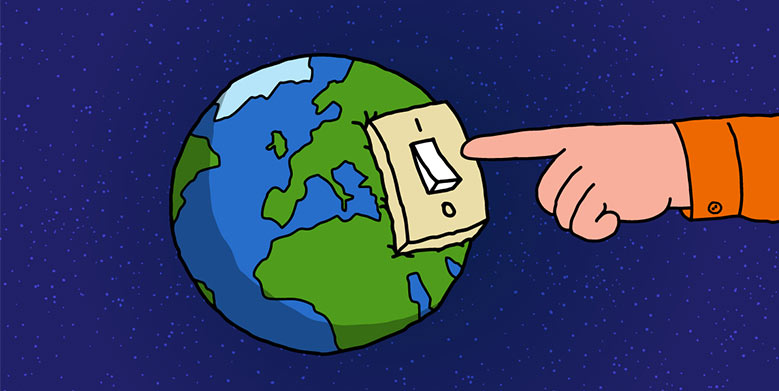
The world will celebrate Earth Hour on Saturday night by switching off lights and going “dark” for one hour to encourage participation in fighting climate change. This year the event is celebrating its 10th anniversary. The initiative is supported by 7,000 cities around the world.
Landmarks will go dark, and millions of people are expected to turn off their lights as a political statement against climate change and fossil fuels, and in support of carbon cuts and renewable energy, USA Today reported. The global event will start at 8.30 PM.
Started by the World Wildlife Fund (WWF) in Australia in 2007, Earth Hour has expanded to a global event, with public spaces going dark, and in some places, people gathering with lit candles instead.
According to the organisers, “Earth Hour shows how each of us can be heroes for our planet”.
The WWF said Earth Hour is not a one-hour commitment to conservation but rather a symbol of something bigger.
“Participation
in Earth Hour symbolises a commitment to change beyond the hour,” the website reads.
in Earth Hour symbolises a commitment to change beyond the hour,” the website reads.
Despite the terror attack in Westminster on Wednesday, the Houses of Parliament and Big Ben are joining more than 270 landmarks across Britain in switching off the lights for Earth Hour.
Buckingham Palace, Blackpool Tower, Brighton Pier, the Senedd Building in Cardiff, the Kelpies sculpture in Falkirk and Edinburgh Castle are among those taking part.
Starting in Samoa and ending 24 hours later in The Cook Islands, people in 184 countries will send the message calling for action to protect the planet.
Sydney Opera House, the Eiffel Tower in Paris, the Burj Khalifa in Dubai, New York’s Empire State Building, the Kremlin and Red Square in Moscow, the Egyptian Pyramids and Tokyo Tower will be switching off the lights during their Earth Hour between 8.30 p.m. and 9.30 p.m.
Members of the public are also being encouraged to take part by switching off their lights for the hour.
No Comments For This Post, Be first to write a Comment.
Most viewed from Specials
Most viewed from World
AIMIM News
Latest Urdu News
Most Viewed
May 26, 2020
Do you think Canada-India relations will improve under New PM Mark Carney?
Latest Videos View All
Like Us
Home
About Us
Advertise With Us
All Polls
Epaper Archives
Privacy Policy
Contact Us
Download Etemaad App
© 2025 Etemaad Daily News, All Rights Reserved.

